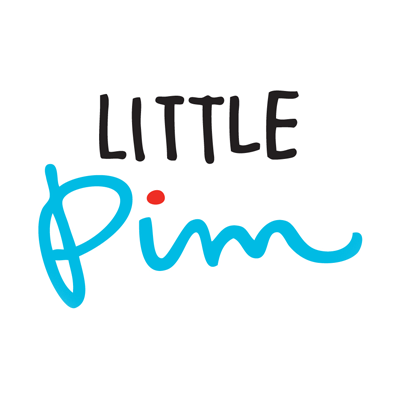Brain Research: The Benefits of Bilingualism
Growing up knowing more than one language offers many benefits. Just knowing the language is the most obvious one, but the benefits extend to the way we think. An article on the NPR website by Anya Kamenetz, "6 Potential Brain Benefits of Bilingual Education," discusses these advantages. The article focuses on non-English speakers learning English, but English speakers who pick up a foreign language benefit too. The younger they start, the better, but children of all ages stand to sharpen their minds.
Keeping two languages separate in their heads exercises brain skills. The bilingual student has to know when to use one language, and when to use the other. Developing this skill helps in task switching, and spotting the social cues promotes empathy.
Another big benefit is "metalinguistic awareness" — the understanding of how language works. Learning more than one language means learning there's more than one way to say things. They learn about different ways to put words and ideas together. German doesn't have a word for "mind," but that's only because it doesn't draw the sharp distinction among "spirit," "mind," and "sense" that English does. That didn't stop Jung and Freud from going deep into the study of psychology.
A study at American University found that dual-language students outperformed English-only ones on reading. They could pull as much meaning out of sentences as students with better English skills but no foreign-language skills. They generally knew fewer English words, but their awareness of language made up for it.
The benefits may extend into old age. Kamenetz cites a Canadian study which finds that bilingual people with Alzheimer's disease don't suffer from cognitive impairment as early as monolingual ones. This could be because bilingualism gives a "cognitive reserve" that makes up for loss of brain function.
Learning a second language is a great way to expand a child's understanding of the world. Visit our website to learn how children can learn languages through Little Pim.
